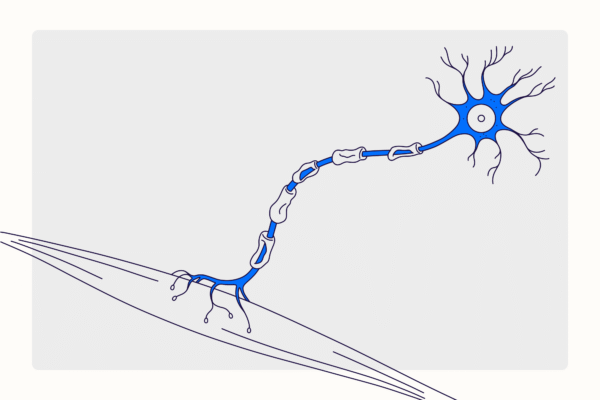
Is Multiple Sclerosis (MS) Hereditary?
Multiple sclerosis (MS) is an inflammatory disease in which your immune system attacks your central nervous system, including your brain, spinal cord, and optic nerve, destroying cells, tissue, and protective nerve coverings called myelin. Although your genes play a role in whether you develop MS—and the risk is higher if other people in your family…



